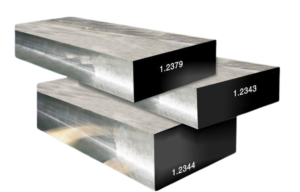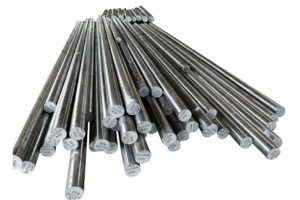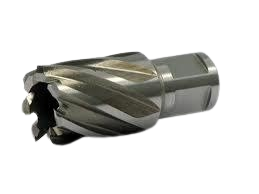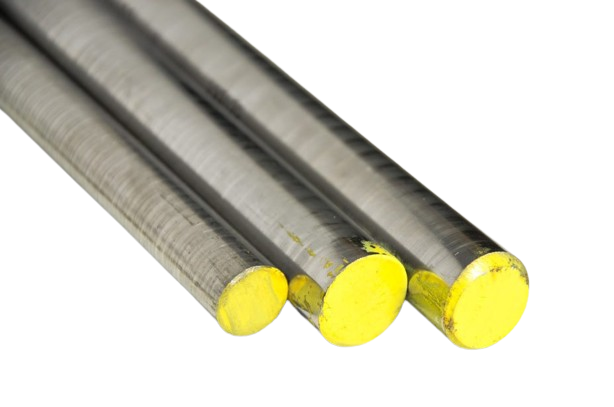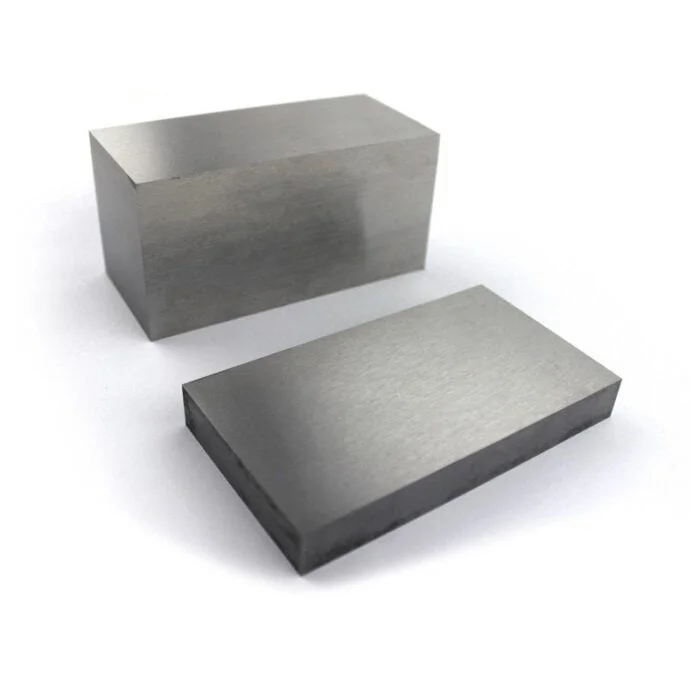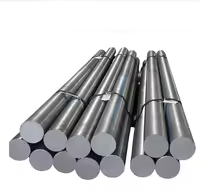- +971 543 497 827
- enquiries@rigrock.ae
AISI 300 Series Stainless Steels
The 300 Series stainless steels maintain their mechanical properties at both high and low temperatures, making them suitable for a range of applications including pipelines, storage tanks, and offshore platforms. Additionally, their ease of fabrication and welding further enhances their suitability for complex EPC projects. As a trusted supplier, we provide a comprehensive range of AISI 300 Series stainless steels, ensuring high performance and reliability in the demanding oil and gas industry.
Jump To:
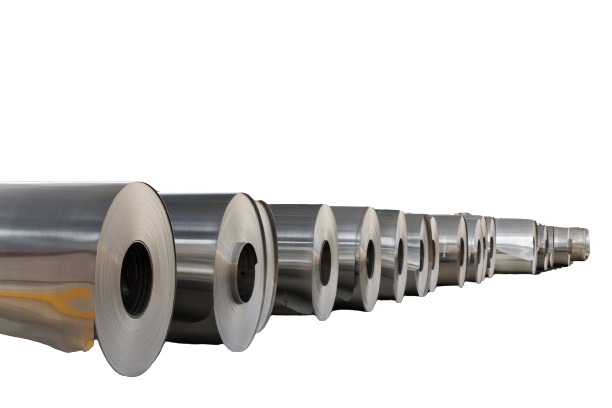
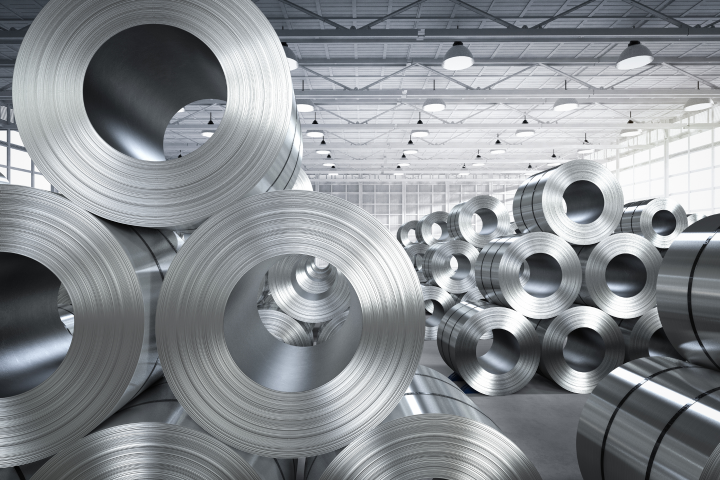
304/304L Stainless Steel:
This is one of the most widely used grades of stainless steel due to its excellent corrosion resistance, formability, and weldability. It’s suitable for a wide range of applications in industries such as food processing, chemical processing, and construction.
316/316L Stainless Steel:
Similar to 304/304L, but with added molybdenum for increased corrosion resistance, especially in chlorideenvironments. It’s often used in marine environments, pharmaceuticals, and chemical processing plants.
321/321H Stainless Steel:
This grade contains titanium, which stabilizes the material against chromium carbide precipitation during welding, making it suitable for high-temperature applications such as in the petrochemical industry.
Duplex Stainless Steel (e.g., 2205, 2507):
Duplex stainless steels are widely used in the oil and gas industry due to their excellent combination of corrosion resistance and mechanical properties. They offer superior strength and resistance to chloride stress corrosion cracking, making them suitable for offshore platforms, subsea pipelines, and processing equipment. They provide enhanced resistance to pitting and crevice corrosion in chloride-rich environments.
317/317L Stainless Steel:
This grade contains higher levels of chromium, nickel, and molybdenum than 316/316L, offering enhanced corrosion resistance in acidic environments, making it suitable for chemical processing and pulp and paper industries.
BRANDS AND MANUFACTURERS: (EUROPEAN MILLS)
- Outokumpu
- Acerinox
- Aperam
- Sandvik Materials Technology
- Thyssenkrupp Stainless
- Marcegaglia
BRANDS AND MANUFACTURERS: (FAR EAST)
- Nippon Steel Corporation,
- JFE Steel Corporation
- POSCO
- Yusco (Yieh United Steel Corporation)
- Tisco(Taiyuan Iron and Steel (Group) Co., Ltd.)
- Tsingshan Holding Group
- Baosteel Group,
BRANDS AND MANUFACTURERS: (CHINA)
- Tisco (Taiyuan Iron and Steel (Group) Co., Ltd.)
- Tsingshan Holding Group
- Baosteel Group
- Jiangsu Shagang Group
- Zhejiang Jindal Stainless Steel Co., Ltd
- LISCO (Lianzhong Stainless Steel Corporation)
- Ansteel Group
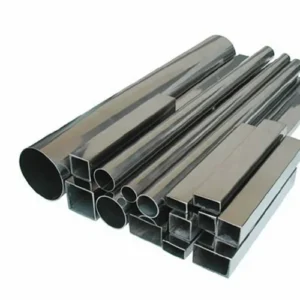


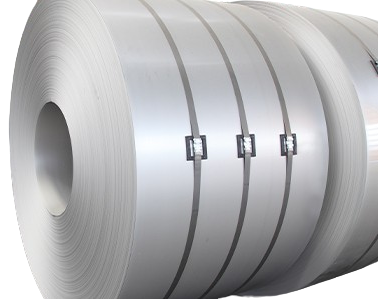

6Mo Stainless Steel: (High Level of Molybdenum (approximately 6%)
6Mo stainless steel, characterized by its high molybdenum content (approximately 6%), is extensively used in the EPC(Engineering, Procurement, and Construction) sector, particularly in the oil and gas industry. This alloy offers exceptionalresistance to pitting, crevice corrosion, and chloride-induced stress corrosion cracking, making it ideal for harsh offshoreand subsea environments. Its superior strength and durability ensure the reliability and longevity of critical infrastructure,such as pipelines, valves, and pressure vessels.
In the oil and gas industry, where components are frequently exposed to highly corrosive conditions, 6Mo stainless steelprovides a significant advantage over conventional stainless steel. Our company supplies top-quality 6Mo stainless steelthat meets stringent industry standards, ensuring optimal performance in demanding applications.
Jump To:
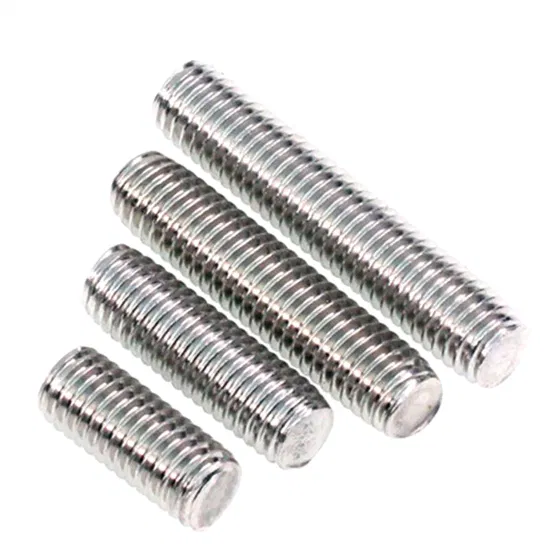
UNS S31254 (also known as 254 SMO or Alloy 254):
This grade is one of the most widely used 6Mo stainless steels in the oil and gasindustry. It offers excellent corrosion resistance in chloride-containing environments, high mechanical strength, and good weldability. UNS S31254 is often used for piping systems, heat exchangers, and other equipment in offshore platforms and subsea installations.
UNS N08367 (also known as AL-6XN):
AL-6XN is another grade of 6Mo stainless steel with high corrosion resistance, particularly in acidic and chloride-rich environments. It is well-suited for use in aggressive chemical processing applications, including those found in the oil and gas industry.
UNS N08926 (also known as Alloy 926):
Alloy 926 offers superior corrosion resistance in both oxidizing and reducing environments, including those containing sulfuric acid and chloride ions. It is often used in the oil and gas sector for applications such as tubing, piping, and equipment in sour gas (H2S-containing) environments.
UNS N08925 (also known as Alloy 925):
Alloy 925 is a high-strength 6Mo stainless steel with excellent resistance to corrosion and erosion in aggressive oil and gas production environments, including those with high temperatures and pressures. It is commonly used for downhole tubing, casing, and other components subjected to corrosive conditions.
BRANDS AND MANUFACTURERS (EUROPE)
- Outokumpu
- Aperam
- Sandvik Materials Technology
- Thyssenkrupp Stainless
- Valbruna Stainless Steel
- VDM Metals
BRANDS AND MANUFACTURERS FAR EAST
- JFE Steel Corporation
- POSCO
- Yusco (Yieh United Steel Corporation)
- Tsingshan Holding Group
- Tisco (Taiyuan Iron and Steel (Group) Co., Ltd.)
- Baosteel Group
- Nippon Steel Corporation
BRANDS AND MANUFACTURERS (CHINA)
- Tisco (Taiyuan Iron and Steel (Group) Co., Ltd.
- Tsingshan Holding Group
- Baosteel Group
- Jiangsu Shagang Group
- LISCO (Lianzhong Stainless Steel Corporation)
- Baoxin Stainless Steel Co., Ltd.


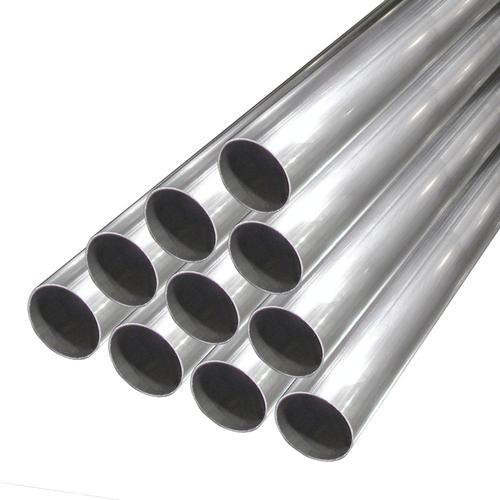

15-5PH Stainless Steel
This alloy offers exceptional strength, corrosion resistance, and toughness, making it ideal fordemanding applications such as valve components, fittings, and fasteners exposed to harsh environments. Its high mechanical properties and good weld ability ensure reliable performance in high-pressure and high-temperature conditions typical of oil and gas operations.
Additionally, 15-5PH stainless steel provides excellent resistance to chloride stress corrosion cracking, which is crucial for maintaining the integrity of pipelines and other critical infrastructure.
Alloy 15-5 has a high strength and hardness with moderate corrosion resistance. Alloy 15-5 is a variant of the older 17-4 and 15-5 was designed to have greater toughness than S17400, especially in the through-thickness (short transverse) direction. Applications that require high transverse strength and toughness. AISI 17-4 PH steel can be easily machined, welded, and fabricated, which is advantageous for EPC contractors during construction and installation processes. It allows for the manufacturing of complex shapes and custom components required in oil and gas infrastructure. (AMS 5659/ AMS 5862) Availability: 15-5 is available in Bar (Round, Flat, Hexagon, Square), Forgings, Tube, Wire, Rings, Sheet, Strip, Plate and Powder. Contact Sales.
17-4PH Stainless Steel
Precipitation-hardening stainless steel with high strength and excellent corrosion resistance. Employed in aerospace applications including turbine blades, landing gear components, and structural fittings.
GRADES:
- AMS 5604
- AMS 5622 (Vac Melt) Bars
- AMS 5643 Bars (Flat, Hex, Round, Square)
- Wire
- Forgings
- Tubing and Rings
- AMS 7012 Powder
- MIL-S-25043
- X5CrNiCuNb16-4
- AFNOR Z6CNU1704
- UNS S17400














INCONEL 625
Inconel 625 is a high-strength, corrosion-resistant nickel-based alloy. It’s known for its excellent resistance to a wide range of corrosive environments, including seawater, acids, and oxidizing chemicals. In addition to its corrosion resistance, Inconel 625 offers superb strength and toughness even at elevated temperatures, making it suitable for use in demanding applications such as aerospace, chemical processing, marine engineering, and oil and gas extraction. The composition of Inconel 625 typically includes nickel, chromium, molybdenum, niobium, and small amounts of iron and other elements. Below are the standards we supply:
ASTM B443:
This specification covers the standard requirements for nickel-chromium-molybdenum-columbium (niobium) alloys (UNS N06625) and nickel-chromium-molybdenum-silicon alloy (UNS N06219) in the form of hot-rolled, cold-rolled, or annealed sheet, strip, and plate.
ASME SB 444:
These standard covers nickel-chromium-molybdenum-columbium alloys (UNS N06625 and UNS N06852) and nickel-chromium-molybdenum-silicon alloy (UNS N06219) in seamless, cold-worked tubes for use in general corrosive service.
ASME SB 366:
This specification covers the standard requirements for wrought nickel and nickel alloy fittings used in pressure vessels and piping systems.
NACE MR0175/ISO 15156:
This international standard specifies the requirements for selecting and qualifying materials for use in H2S-containing environments in oil and gas production.
API 6A:
This specification covers wellhead and Christmas tree equipment used in the oil and gas industry. Inconel 625 may be used in certain components subject to specific requirements and conditions outlined in this standard.
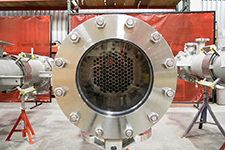
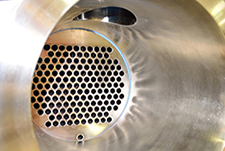










INCOLOY 800
Known for its excellent strength and resistance to oxidation and carburization at high temperatures, Incoloy 800 is ideal for applications such as heat exchangers, process piping, and furnace components. Its ability to withstand corrosive environments, including those with sulfur and chlorides, makes it particularly valuable in harsh oil and gas operations. Incoloy 800 maintains its stability and durability under extreme conditions, ensuring long-term reliability and safety of critical infrastructure. As a trusted supplier, we provide high-quality Incoloy 800 that meets stringent industry standards, supporting the demanding needs of EPC projects.
Heat Exchangers:
Alloy 800 is often used in the construction of heat exchangers for oil and gas processing facilities. Its high-temperature strength and resistance to oxidation make it suitable for applications where heat transfer is critical.
Furnace Components:
In refining and petrochemical plants, Alloy 800 is employed in the fabrication of furnace components such as radiant tubes, muffles, and burner assemblies. Its ability to withstand high temperatures and corrosive atmospheres makes it ideal for these applications.
Steam Methane Reforming (SMR) Units:
SMR units are used in the production of hydrogen from natural gas. Alloy 800 is utilized in the construction of reformer tubes due to its resistance to carburization and oxidation at high temperatures, which are encountered in the steam reforming process.
Downhole Tools:
In oil and gas exploration and production, Alloy 800 may find applications in downhole tools and components subjected to high temperatures and corrosive environments. Its combination of high-temperature strength and resistance to sulfidation can be beneficial in certain downhole conditions.
Sulfur Recovery Units:
In sulfur recovery units, where corrosive environments containing sulfur compounds are present, Alloy 800 can be used in various components such as reaction furnaces, waste heat boilers, and ducting systems
Availability:
Alloy 800 is available in Pipes, sheets, tubes, Plates, Rods, Bars, and Welding Wire. For all stock availability contact Sales.

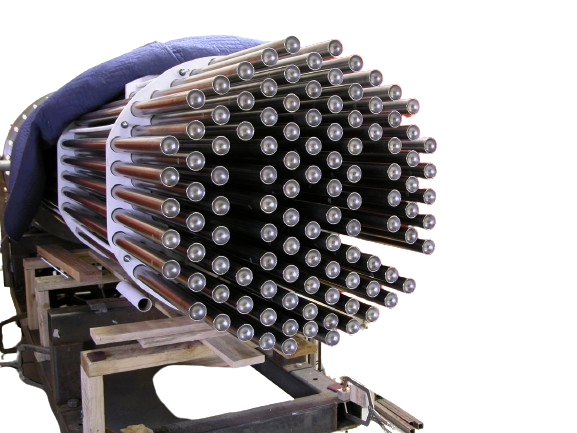







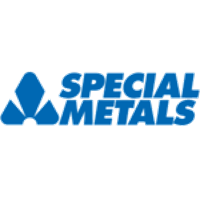


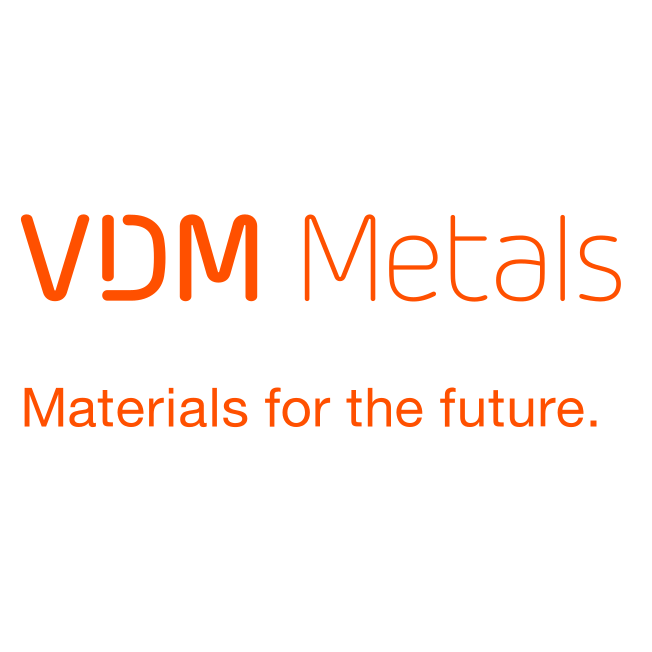
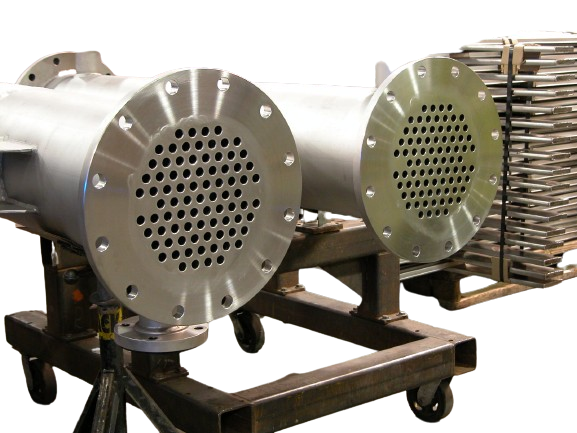

Complete range of Nickel Alloys
Nickel alloys are metals composed primarily of nickel, with other elements added to enhance specific properties such as corrosion resistance, strength, or temperature resistance. These alloys are commonly used in various industries including aerospace, chemical processing, electronics, and marine engineering. Some common elements added to nickel to form alloys include chromium, iron, copper, titanium, aluminum, and molybdenum. Nickel alloys exhibit excellent mechanical properties, high resistance to corrosion and oxidation, and good thermal conductivity, making them suitable for a wide range of applications.
Jump To:


• Inconel 600 (UNS N06600):
Standard: ASTM B167, ASTM B168, AMS 5540
• Inconel 625 (UNS N06625):
Standard: ASTM B443, AMS 5599, AMS 5666
• Inconel 718 (UNS N07718):
Standard: ASTM B637, AMS 5662, AMS 5663
• Monel 400 (UNS N04400):
Standard: ASTM B127, QQ-N-281
• Monel K500 (UNS N05500):
Standard: ASTM B865, AMS 4676, QQ-N-286
• Hastelloy C276 (UNS N10276):
Standard: ASTM B575, ASME SB 575, AMS 5750
• Hastelloy X (UNS N06002):
Standard: ASTM B572, AMS 5754
• Waspaloy (UNS N07001):
Standard: AMS 5706, AMS 5708, AMS 5709
• Alloy 20 (UNS N08020):
Standard: ASTM B463, ASME SB 463
• Alloy 200 (UNS N02200):
Standard: ASTM B160, ASTM B161, ASTM B162
• Alloy 201 (UNS N02201):
Standard: ASTM B160, ASTM B161, ASTM B162
• Alloy 400 (UNS N04400):
Standard: ASTM B164, ASTM B165, ASTM B366
• Alloy 600 (UNS N06600):
Standard: ASTM B166, ASTM B167, ASTM B564
• Alloy 625 (UNS N06625):
Standard: ASTM B446, ASTM B564, AMS 5666
• Alloy 718 (UNS N07718):
Standard: ASTM B637, AMS 5662, AMS 5663
BRANDS MILLS USA ONLY
- Special Metals Corporation
- Haynes International, Inc
- Carpenter Technology Corporation
- Allegheny Technologies Incorporated (ATI)
- VSMPO-Tirus, US (subsidiary of VSMPO-AVISMA Corporation)
- Rolled Alloys, Inc.
BRANDS MILLS EUROPEAN ONLY
- VDM Metals
- Sandvik Materials Technology
- Aperam Alloys Imphy
- Carpenter Technology Limited
- Vallourec Special Alloys
- Norsk Titanium Alloys AS
BRANDS MILLS CHINA ONLY
- Baosteel Special Metals Co., Ltd
- Suzhou A-one Special Alloy Co., Ltd
- Shanghai Research Institute of Materials
- Baoji Titanium Industry Co., Ltd
- Suzhou Nickel Alloy Co., Ltd
- Western Superconducting Technologies Co., Ltd. (WST)



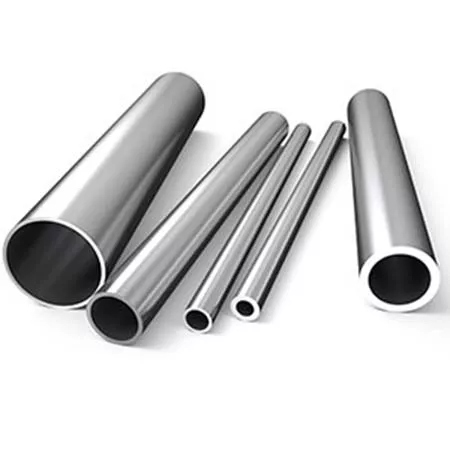
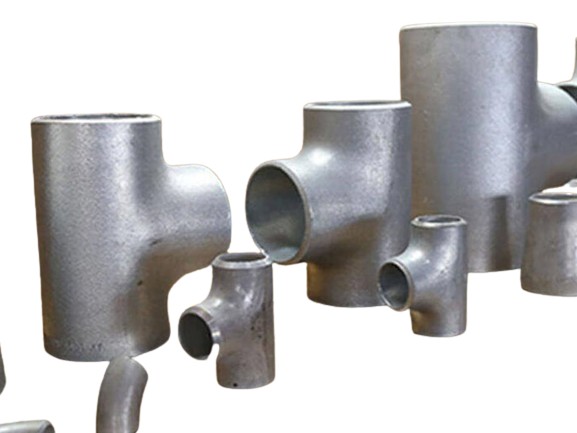


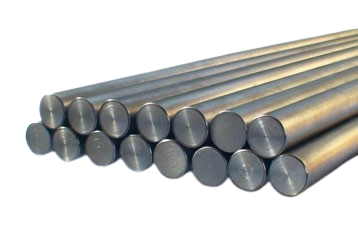
Chrome-Moly Aircraft Steel
AISI 4130 (AMS 6345/ AMS 6346 / AMS 6350)
Chromium-molybdenum alloy steel is known for its high strength-to-weight ratio and excellent weldability. Used in aircraft structural components such as fuselage frames, engine mounts, and landing gear components. The hardenability and weldability of Alloy 4130 are considered equivalent to 8630 (MIL-S-6250). Alloy 4130 is also vacuum-degassed to meet the magnetic particle inspection standards of AMS 2301.
Availability:
Alloy 4130 (AISI 4130) is available in Sheets, Tube, Plates, Powder, Rods, Bars (Squares, Rounds, Hexagons, Flats) , and Welding Wire. For all stock availability contact Sales.
AISI 4340/E-4340:
• Nickel-chromium-molybdenum alloy steel with high tensile strength, toughness, and fatigue resistance. Utilized in critical aerospace components including gears, shafts, and structural parts subjected to heavy loads.
• Alloy E 4340 is a widely used deep-hardening construction steel. Due to E-4340’s high alloy content, it obtains a uniform hardness by heat treatment. The high fatigue strength makes E4340 ideal for highly stress parts as it maintains its strength and hardness at elevated temperatures.
• Availability
Alloy E-4340 (4340) is available in Bar, Square, Round, Hexagon, Flat, Plates, Forging Stock, and Welding Wire. For all stock availability contact Sales.
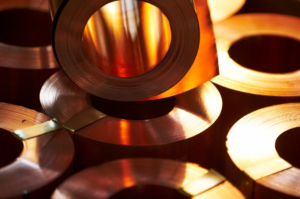

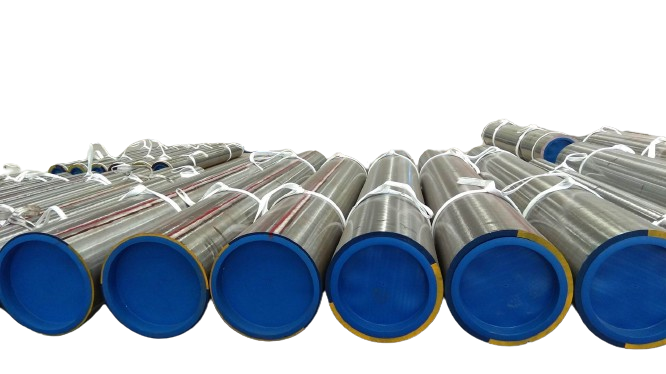
Titanium Alloys
Titanium and titanium alloys play a crucial role in the EPC (Engineering, Procurement, and Construction) sector for oil and gas due to their exceptional combination of properties, including high strength, low density, and excellent corrosion resistance. Listed below some of the titanium steel used in EPC for oil and gas.
Jump To:

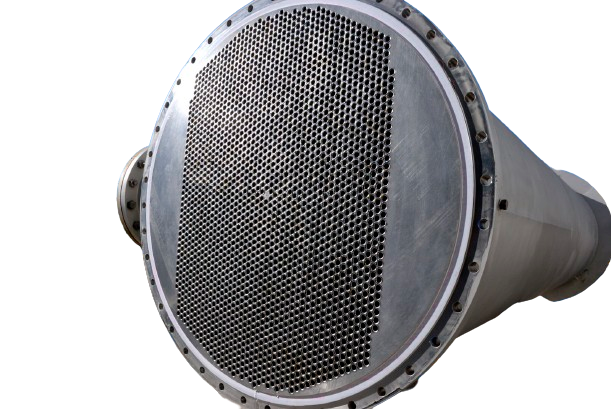
Grade 1 Titanium (ASTM Grade 1):
Commercially pure titanium, offering excellent corrosion resistance and high strength. It is suitable for various applications where corrosion resistance is critical.
Grade 2 Titanium (ASTM Grade 2):
Another commercially pure titanium grade, offering similar characteristics to Grade 1 but with slightly higher strength. It is commonly used in piping systems, heat exchangers, and other components in the oil and gas industry.
Grade 5 Titanium (Ti-6Al-4V):
A titanium alloy composed of 6% aluminum and 4% vanadium. It offers high strength, corrosion resistance, and good high-temperature performance. Grade 5 titanium is widely used in offshore platforms, subsea equipment, and downhole tools.
Grade 7 Titanium (Ti-0.15Pd):
A titanium alloy containing 0.12-0.25% palladium. It provides enhanced corrosion resistance, particularly in seawater and other aggressive environments. Grade 7 titanium is used in applications where corrosion resistance is critical.
Grade 9 Titanium (Ti-3Al-2.5V):
A titanium alloy containing 3% aluminum and 2.5% vanadium. It offers good weldability and corrosion resistance, making it suitable for applications in the oil and gas industry, including piping systems and pressure vessels.
Grade 12 Titanium (Ti-0.3Mo-0.8Ni):
A titanium alloy containing 0.3% molybdenum and 0.8% nickel. It provides excellent corrosion resistance, particularly in highly oxidizing and reducing environments. Grade 12 titanium is commonly used in chemical processing equipment and piping systems.
Grade 23 Titanium (Ti-6Al-4V ELI):
A medical-grade version of Grade 5 titanium, with extra low interstitial (ELI) impurities for improved biocompatibility. It is sometimes used in specialized applications within the oil and gas industry.
Grade 29 Titanium (Ti-6Al-4V Extra Low Interstitial):
A variant of Grade 5 titanium with even lower levels of impurities, offering improved ductility and fracture toughness. It may be used in critical applications where enhanced mechanical properties are required.
Grades such as Ti-6Al-4V and Ti-6Al-2Sn-4Zr-2Mo offer high strength-to-weight ratios, corrosion resistance, and excellent elevated temperature properties.
BRANDS MILLS USA ONLY
- Allegheny Technologies Incorporated (ATI)
- TIMET (Titanium Metals Corporation)
- Carpenter Technology Corporation
- Kaiser Aluminum Corporation
- Arconic
- Allegheny Technologies Incorporated (ATI)
- TIMET (Titanium Metals Corporation)
- RTI International Metals, Inc
- Kaiser Aluminum Corporation
- Carpenter Technology Corporation

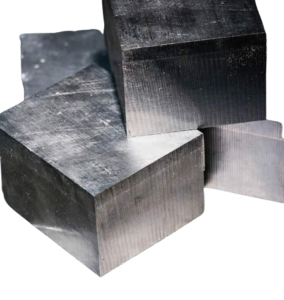
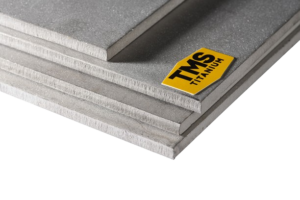





Tool Steel
Tool Steel is in High-carbon, high-chromium steel with exceptional wear resistance and toughness. Tool steel plays a crucial role in the Oil and Gas industry. In this sector, tool steel is used to manufacture a wide range of tools, dies, and components that are essential for various stages of exploration, production, refining, and distribution. Here are some grades we deal in:
A2 Tool Steel:
Known for its excellent combination of wear resistance and toughness, A2 tool steel is often used for dies, punches, and other forming applications in the Oil and Gas industry.
D2 Tool Steel:
D2 is a high-carbon, high-chromium tool steel known for its superior abrasion resistance and good dimensional stability during heat treatment. It’s commonly used for cutting and stamping tools, making it suitable for various machining applications in Oil and Gas.
H13 Tool Steel:
This is a versatile hot work tool steel with excellent combination of high toughness and heat resistance. It’s often used for forging dies, extrusion tools, and other high-temperature applications in the Oil and Gas sector.
M2 Tool Steel:
M2 is a high-speed steel known for its exceptional wear resistance and hardness at elevated temperatures. It’s commonly used for cutting tools such as drills, taps, and reamers in the Oil and Gas industry.
S7 Tool Steel:
S7 is an air-hardening tool steel known for its high impact resistance and toughness. It’s often used for forming and stamping dies, as well as shear blades in the Oil and Gas sector.
O1 Tool Steel:
O1 is a general-purpose oil-hardening tool steel with good wear resistance and dimensional stability. It’s suitable for a wide range of tooling applications in the Oil and Gas industry, including blanking, forming, and bending.
P20 Tool Steel:
P20 is a versatile, mold-quality tool steel with good polish ability and machinability. It’s commonly used for making injection molds and die-casting dies for components used in Oil and Gas equipment and infrastructure.
4140/4150 Alloy Steel:
While not strictly classified as tool steel, these alloy steels are widely used in Oil and Gas applications due to their high strength, toughness, and good wear resistance. They are commonly used for various components, such as shafts, gears, and drill collars.
EUROPE
- Bohler Edelstahl GmbH & Co KG
- Uddeholm AB
- Schmolz + Bickenbach AG
- Kind & Co. Edelstahlhandel GmbH
- Finkl Steel
USA
- Crucible Industries LLC
- TimkenSteel Corporation
- Carpenter Technology Corporation
- Tool Steel Service Inc
- Pacific Tool & Gauge Inc.:

